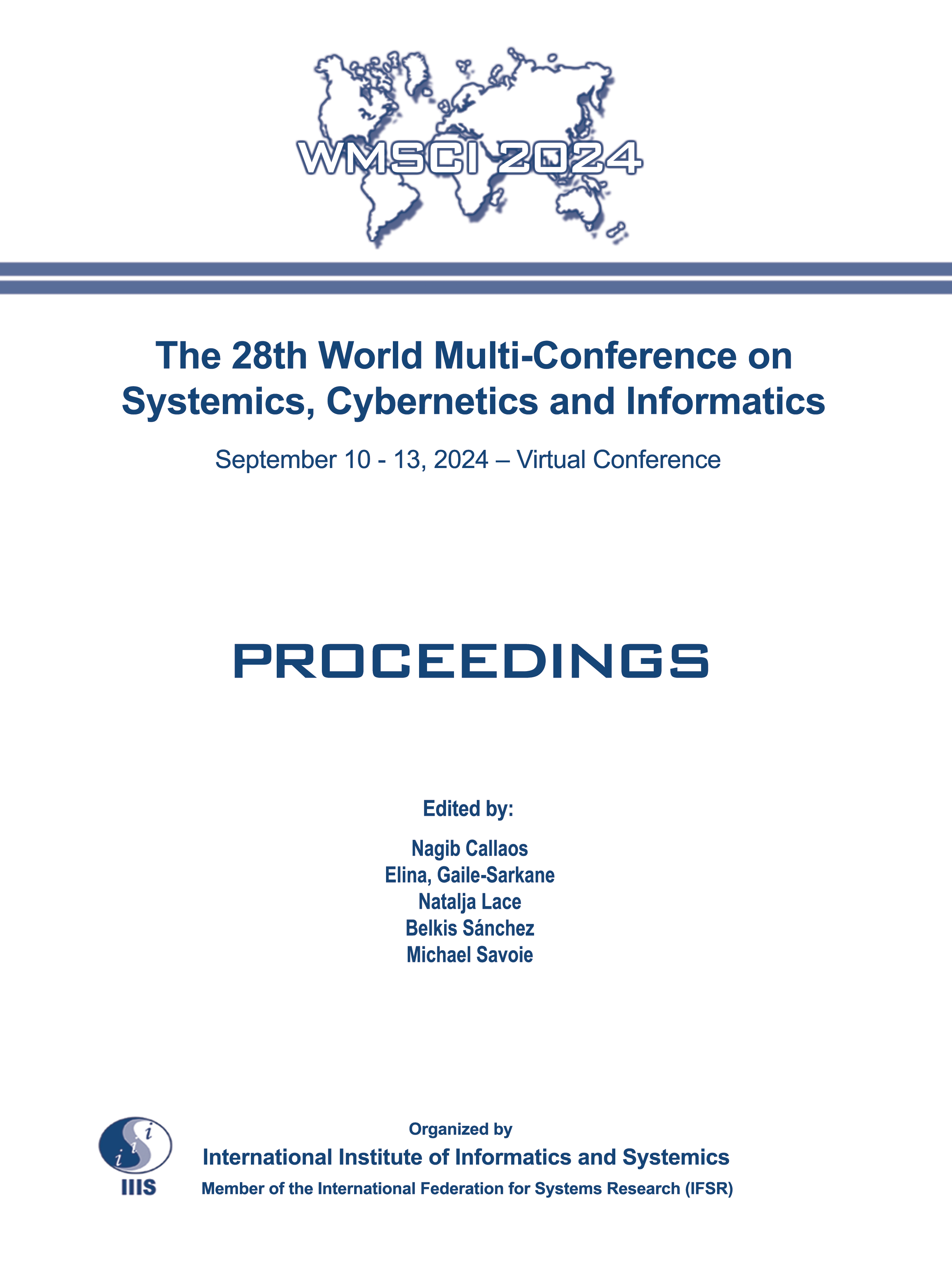2024 Summer Conferences Proceedings

|
Implementing Behavior-Based Access Control in Healthcare Scenario Using FIWARE
Nastaran Farhadi Ghalati, Sanaz Nikghadam-Hojjati, Jose Barata
Proceedings of the 28th World Multi-Conference on Systemics, Cybernetics and Informatics: WMSCI 2024, pp. 18-25 (2024); https://doi.org/10.54808/WMSCI2024.01.18
|
The 28th World Multi-Conference on Systemics, Cybernetics and Informatics: WMSCI 2024
Virtual Conference September 10 - 13, 2024 Proceedings of WMSCI 2024 ISSN: 2771-0947 (Print) ISBN (Volume): 978-1-950492-79-4 (Print) |
|
Abstract
Distributed healthcare systems require strong security and privacy measures because Electronic Health Records (EHRs) are highly sensitive and regulations are strict. The advancing technologies increase the healthcare sector’s susceptibility to data breaches. This highlights the crucial importance of efficient access control to regulate access in settings with extensive data sharing and multiple users.
Many of these challenges cannot be addressed by traditional access control methods. This paper proposes a novel user centric access control model, Behavioral-Based Access Control (BBAC), inspired by the Internet of Behaviors (IoB) paradigm. BBAC dynamically assigns access levels by capturing and leveraging user behavior patterns. Integrating behavioral modeling and user-adaptive access mechanisms within complex healthcare environments, BBAC facilitates privacy-preserving data sharing. Utilizing a human-centered decision-making process, the model enhances security and privacy by adjusting access permissions based on a combination of user roles, locations, times, and behaviors. This work details the development of BBAC access control policies implemented through AuthZForce. These policies govern authorization/denial of user access requests within the BBAC framework, effectively combining traditional policy strengths with the additional benefit of user behavior. Our evaluation and implementation demonstrate BBAC’s practicality and efficiency in healthcare scenarios. |
||




